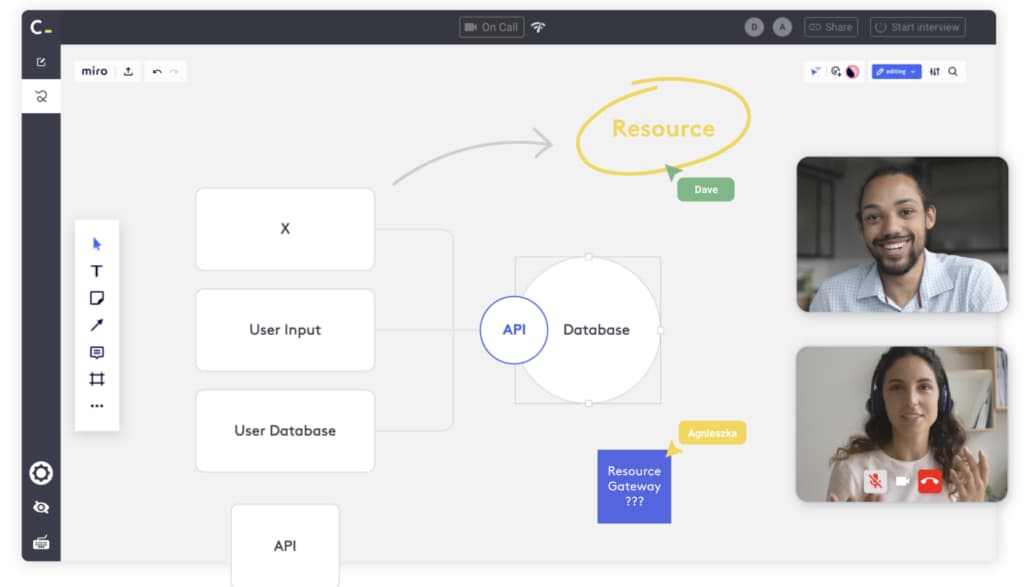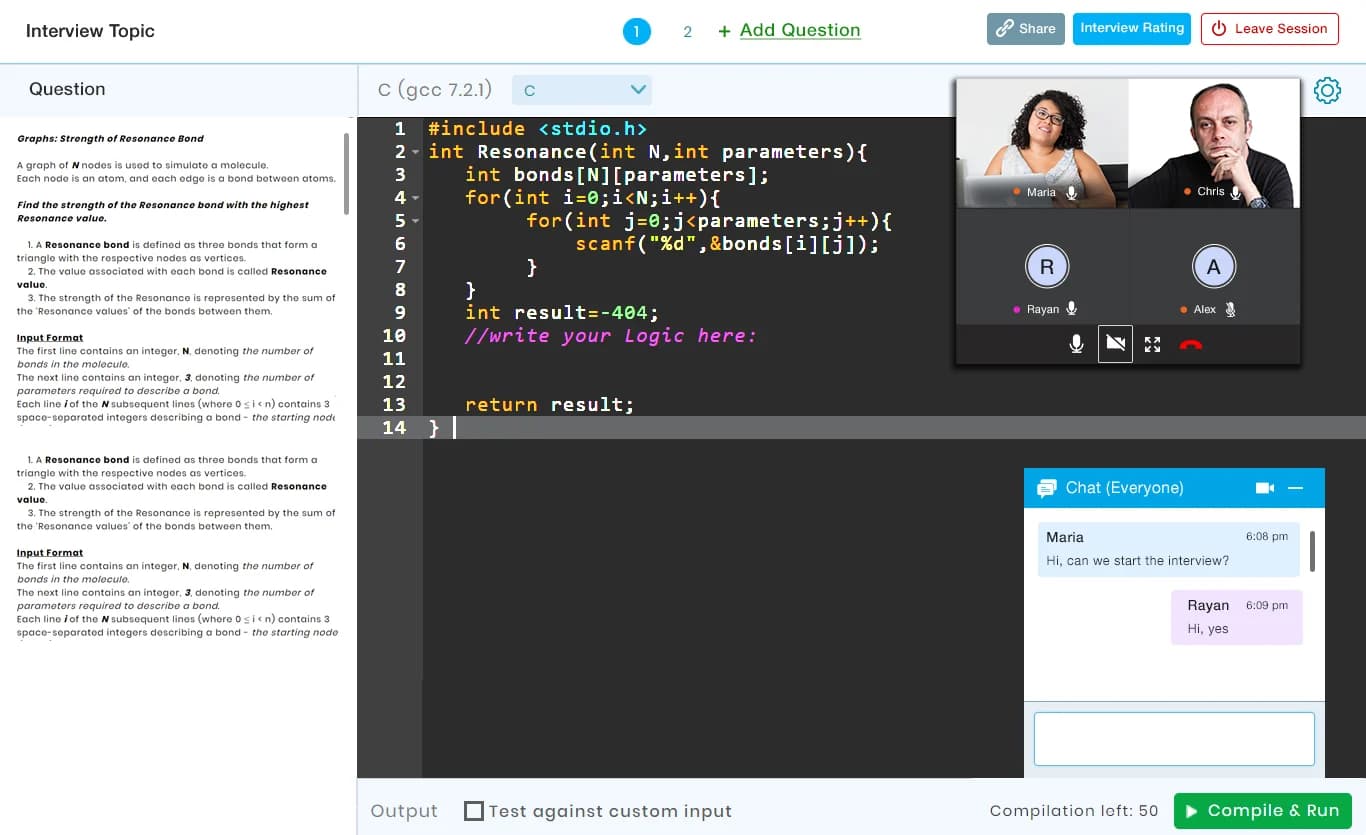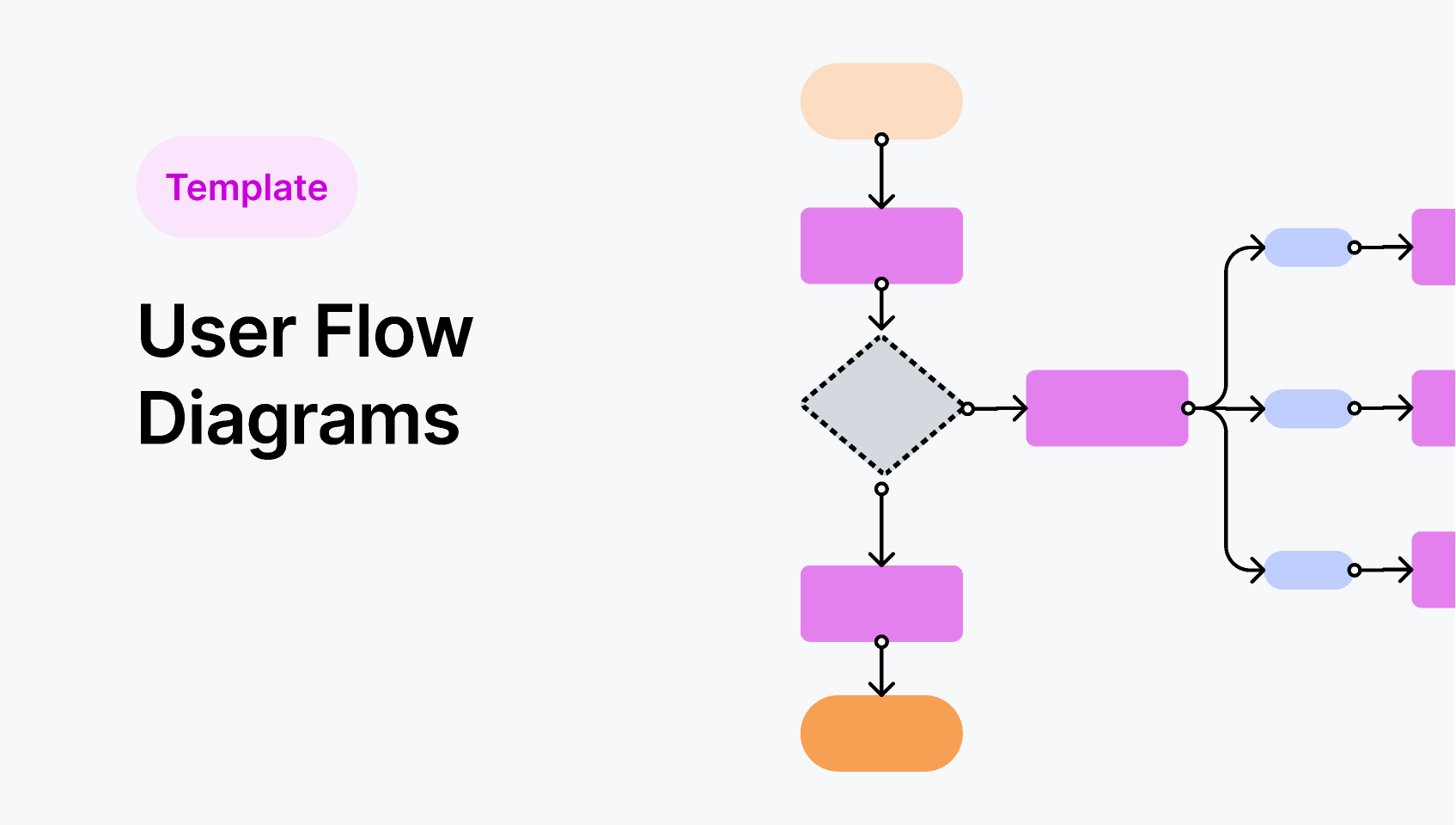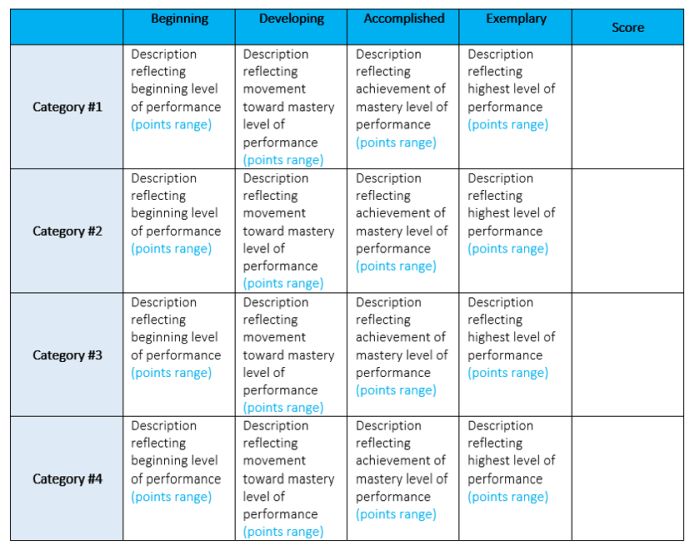
How to Conduct Technical Interviews for Tech Roles
Are You Hiring?
Find candidates in 72 Hours with 5+ million talents in Maukerja Malaysia & Ricebowl using Job Ads.
Hire NowHiring for technical roles is not just about reading resumes or conducting general interviews.
You also need to assess how well a candidate can apply their skills in real situations.
That’s why technical interviews are a crucial part of the recruitment process, especially for roles that demand hands-on ability.
But what exactly is a technical interview, and how can companies in Malaysia run one effectively?
Whether you're building your first engineering team or improving your current hiring approach, this guide will help you plan, conduct, and evaluate technical interviews with confidence.
What is a technical interview?
A technical interview is a specific kind of job interview designed to assess a candidate’s ability to do technical work.
This could include coding, system design, hardware knowledge, or problem-solving depending on the role.
Unlike general interviews that focus on attitude or culture fit, technical interviews aim to test what a candidate can do: how they think, how they solve problems, and how they work with technical tools.
Getting the right answer matters, but so does seeing how a candidate thinks through the problem and explains their approach.
In roles such as software engineering, data analytics, or IT infrastructure, technical interviews give hiring managers a better idea of whether someone can truly handle the demands of the job.
Technical vs General Interview
|
Aspect |
Technical Interview |
General Interview |
|---|---|---|
|
Focus |
Skills and problem-solving |
Personality and cultural fit |
|
Format |
Tasks, coding, technical Q&A |
Open-ended conversations |
|
Who Conducts It |
Team leads, senior tech staff |
HR or hiring managers |
|
Topics |
Programming, system design, tools, troubleshooting |
Background, work style, goals |
|
Outcome |
Skill validation |
Team fit and communication |
When Should You Conduct a Technical Interview?
Technical interviews are most useful when you are hiring for roles that involve real-world problem-solving or using tools in a hands-on way.
This typically includes positions such as:
-
Software developers
-
Engineers (mechanical, civil, etc.)
-
Data analysts and data scientists
-
Cybersecurity professionals
-
IT support and infrastructure roles
If the role requires someone to build, fix, design, or troubleshoot, then a technical interview is often necessary to evaluate their actual capabilities, not just what they claim on paper.
What Roles Should You Conduct Technical Interview?
Not all job roles need a technical interview. But for any position where skills directly affect the quality of the work,. Especially roles that are mentioned above: tech, engineering, or digital sectors, a technical interview helps reduce hiring risks.
It’s useful for both junior and senior positions. For entry-level roles, it helps you assess whether a candidate has the basic foundations to grow.
For senior roles, it helps you evaluate their depth of knowledge, leadership in solving technical problems, and how they support others in a team.
Types of Technical Interviews
Here are the most common types of technical interviews used by employers:
Whiteboard Interviews

Image source: codility.com
These are traditional face-to-face or online interviews where candidates solve problems by writing code or diagrams on a whiteboard or sharing screen.
They help evaluate problem-solving steps and communication.
Take-home Assignments
You give candidates a task to complete on their own time.
This allows them to show how they work without pressure, but it’s important to respect their time by keeping the task reasonable and relevant.
Live Coding Interview

Image source: iMocha
This is done during the interview where the candidate writes code in real-time, often while screen sharing. It helps assess how they think and work under time pressure.
System Design Interviews

Image source: Figma
More common for senior roles, candidates are asked to design a system (e.g., an app with login and data access). This shows how they approach architecture and planning.
Technical Screening Calls
These are short calls to quickly assess a candidate’s basic knowledge before moving forward to deeper interviews.
Each type has its pros and cons, so choose based on the role and the skills you want to validate.
How to Structure a Technical Interview Process
To run a fair and effective technical interview, follow these key steps:
1. Start with the Job Scope
Understand what skills the job actually needs. A junior front-end developer won’t need the same interview structure as a network engineer.
Match your interview type and questions to the real demands of the role.
2. Prepare Questions or Tasks Carefully
Use questions or exercises that reflect real work. Avoid puzzles or overly complex problems that don’t relate to the job.
Fair, clear, and relevant tasks give better signals about ability.
3. Use a Scoring Rubric

Image source: umaconference.com
Define a clear, objective way to assess each candidate. Decide in advance what “good” looks like in terms of technical output, communication, and problem-solving steps.
4. Pick the Right Interviewers
Bring in technical team members who understand the job.
Ideally, include a mix, such as pairing a junior and senior, to get different perspectives and create a more balanced experience for the candidate.
You may also need to include stakeholders who will work daily with the role to understand how they negotiate and communicate their thought process.
Best Practices for Conducting Technical Interviews in Malaysia
A well-run technical interview doesn’t stop at testing knowledge, but it also reflects how professionally and respectfully your company engages with candidates.
Here are a few best practices to consider:
-
Avoid bias by using clear, consistent questions and rubrics for all candidates.
-
Train interviewers so they know what to look for and how to give fair assessments.
-
Give candidates enough context, time, and space to think and respond.
-
Respect candidates’ time, especially when assigning take-home tasks. Keep it focused and short.
-
Create a two-way conversation. Let the candidate ask questions, too.
Common Mistakes in Technical Interviews
Even with good intentions, many employers fall into traps that make technical interviews less effective. Avoid some common mistakes below:
-
Asking overly hard or irrelevant questions that don’t relate to real work.
-
Skipping feedback. Candidates appreciate knowing how they did.
-
Only testing theory without seeing if candidates can apply it practically.
A good technical interview should reflect the job and give both you and the candidate a real sense of whether it’s the right match.
How to Evaluate Technical Interview Performance
After the interview, the evaluation should go beyond gut feeling. Use a structured rubric to rate candidates on:
-
Technical ability: Can they solve the problem or complete the task?
-
Communication: Can they explain their ideas clearly?
-
Problem-solving: Do they think critically and adapt when things go wrong?
-
Creativity: Do they explore multiple solutions or think beyond the basics?
Ask everyone on the interview panel to give input and compare notes before making a decision.
Tools and Platforms for Technical Interviews
There are many online platforms that can help with conducting technical interviews, especially for remote setups. Some popular ones include:
-
Codility
-
HackerRank
-
CoderPad
-
CodeSignal
-
Google Meet or Zoom with shared IDEs
When choosing a tool, consider the type of role, how comfortable your team is with the platform, and whether it helps replicate the actual work the candidate will do.
Remote Technical Interviews
With remote work on the rise, many technical interviews are now held online. That’s completely fine, as long as the process is well-managed. How to keep it fair and effective?
-
Make sure both sides have stable internet and access to the needed tools.
-
Use screen sharing or pair programming platforms to observe problem-solving.
-
Be clear about expectations at each stage.
-
Avoid overly strict monitoring that might stress the candidate or break trust.
What matters most is keeping the experience human while still validating skills.
FAQ
How long should a technical interview be?
Most technical interviews take 60 to 90 minutes. For take-home tasks, keep them under 3 hours of work.
What’s the best way to test junior vs. senior candidates?
Junior candidates should be tested on core fundamentals and curiosity. Senior candidates should be tested on system design, communication, and mentoring ability.
Can HR staff evaluate technical interviews?
HR can help structure the process, but technical team members should lead the evaluation.
Are technical interviews necessary for all IT roles?
Not always. For roles involving customer support or non-hands-on work, technical screening may be lighter or combined with general interviews.
Looking to Hire the Best Candidates?
Let AJobThing help you find the right people who will grow with your company.
Post your job ads and connect with top talent across platforms like Maukerja, Ricebowl, and Epicareer today.
Read More:
- 100+ International HR Day Messages & Wishes to Inspire, Motivate & Celebrate
- 50+ Heartfelt Mother’s Day Messages to Appreciate Your Employees
- 50 Simple & Deep Labor Day Wishes & Greetings for Staffs
- GST vs SST in Malaysia: Key Differences Every Employer Should Know
- Employment Pass (EP) Malaysia: Application, Renewal, and Employer Duties
- Professional Visit Pass (PVP) Malaysia: Process, Rules, and Tips for Hiring Short-Term Foreign Workers
- Is Your Staff Leaving Early Without Telling You? Here's What to Do
- What is Visit Pass Temporary Employment (Temporary Employment Pass)?
- What is Work Remotely Meaning? Definition, Types, and Tips
- What Does Legally Authorized to Work Mean?
- How to Register a Business in Malaysia: Step-by-Step Guide (2025)
- What is SST 8%? Types, How to Charge, and SST Filling
- Pelepasan Cukai 2024/2025: Tax Reliefs Guide for Employers
- What is Work Life Balance? Benefits, Factors, and How to
- 75 Company Gift Ideas for Employee Resignation
- Jadual Caruman KWSP 2024/2025 (EPF Contribution Schedule)
- 10 Exit Interview Questions to Ask Employees

